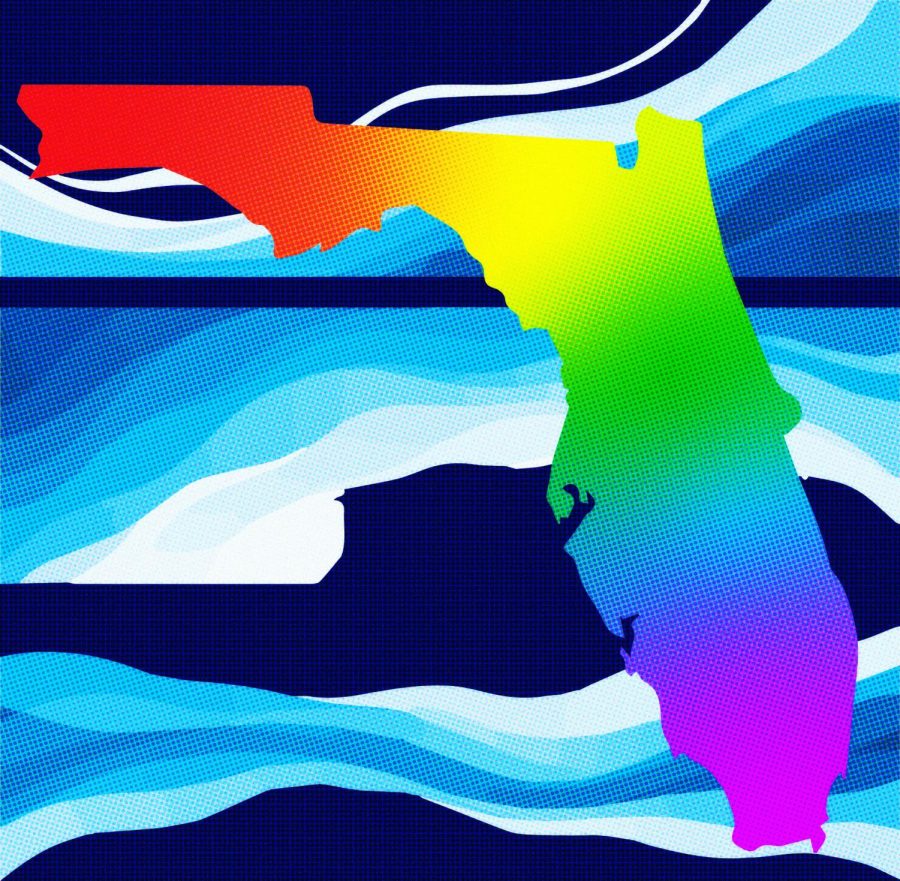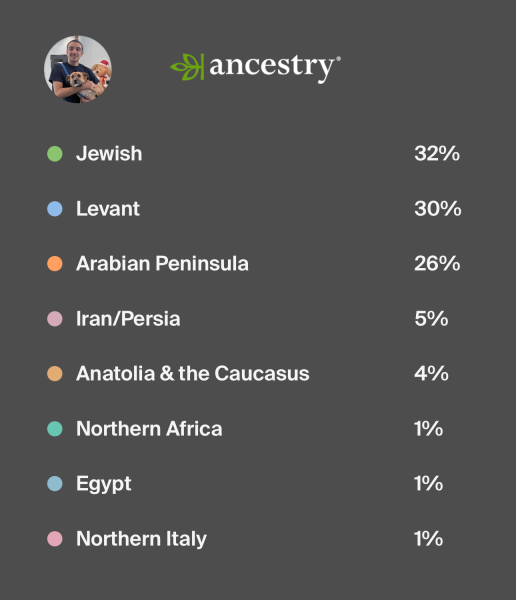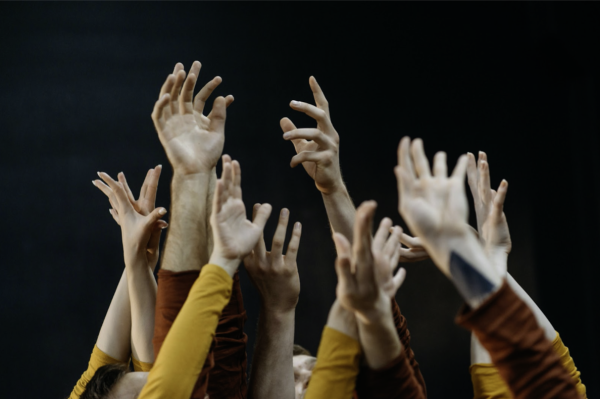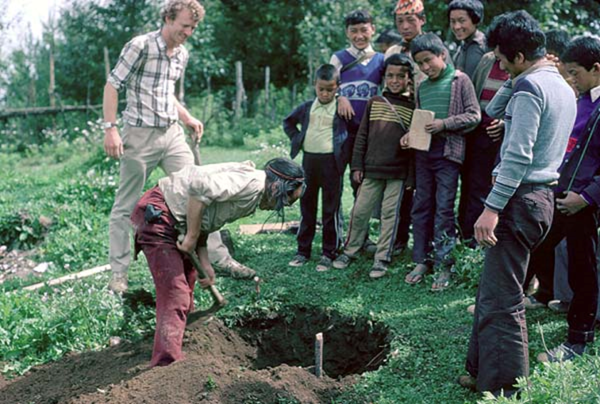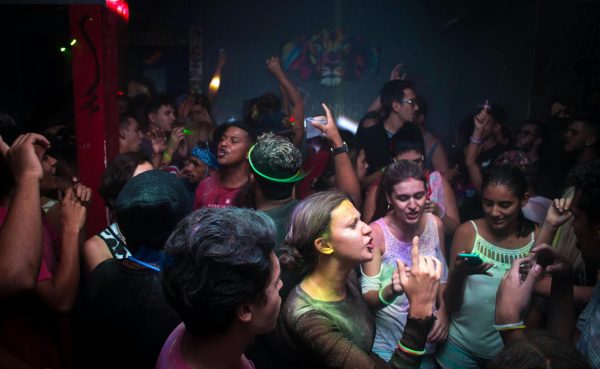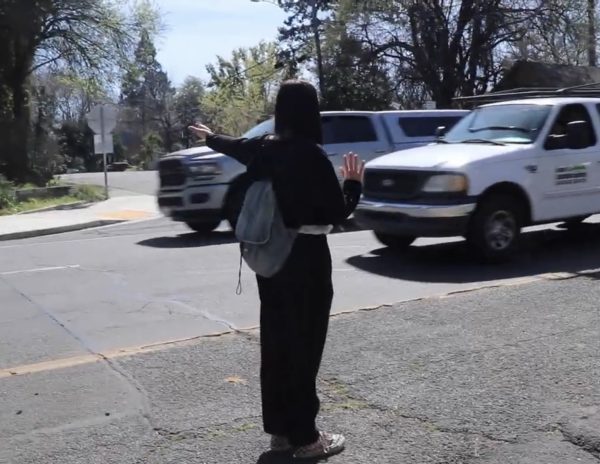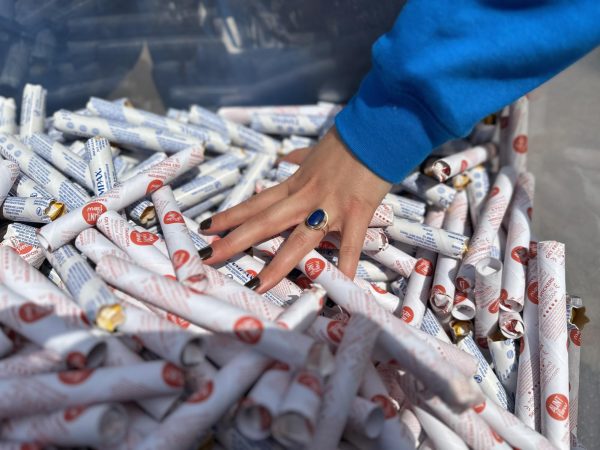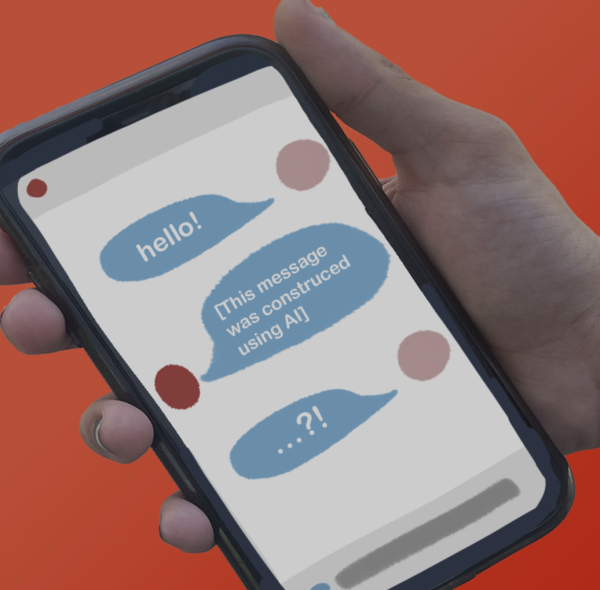Florida’s ban on language will not erase identities
Despite identity politics, Florida’s LGBTQ community will not remain in the dark.
Known to many as a land of golden opportunities, California has certainly lent me a welcoming hand of support. My cousin moved to San Francisco for similar reasons. We just feel more accepted here than where we came from.
One reason for this feeling of acceptance roots from living as black sheep among the southern U.S. states. I’m a bisexual woman from a rural town that had a population of 184 in 2000. My cousin is a gay man from Florida.
What’s that? You can’t say “gay” in Florida? Well, although that’s not literally true, it is now a reality, according to the extent of Florida’s new “Don’t Say Gay” bill.
Still confused? Well, that might be because, like other students asked on campus, you haven’t heard of it.
The bill prohibits discussions on sexual orientation and gender identity in grades K-12. It specifically bans integrating lessons into curriculum. If a trans student asks a teacher a trans-specific question during sex ed or any other lecture, that teacher can get into legal trouble for answering.
However, according to the bill, spontaneous mentioning of orientation or identity is allowed. But who decides that line between lessons and spontaneity?
Florida Gov. Ron DeSantis’s press secretary, Christina Pushaw, described the bill on Twitter as an “Anti-Grooming Bill.”
“If you’re against the Anti-Grooming Bill,” she said, “you are probably a groomer or at least you don’t denounce the grooming of 4-8 year old children.”
Her statement is dangerously akin to Anita Bryant’s “Save Our Children” campaign in Florida, which attempted to repeal Dade County’s ordinance banning workplace discrimination.
Bryant’s campaign elicited a following from people who linked homosexuality to child abuse, similar to how Pushaw connects teachings about non-cisgender identities to “grooming.”
The problem with Florida’s new bill is that it ignores the issues faced by lonely students in the LGBTQ population. Suicide and depression rates usually increase in gay and trans students who have no outlet for their voices. Many children in this population grow up in homes where being outed can lead to abuse or abandonment.
If they live anywhere like where I grew up in Louisiana (Northern Florida has plenty of similar towns), their chances of finding a community like them are slim. This raises the risk of declining mental health, because they further feel isolated in their dominant communities.
Another problem with the bill is its sore misrepresentation of Floridians. Miami was the only safe space for gay and non-cisgendered people in the Southern states during the 1960s and 1970s. The city remains a haven today, sharing a history as rich as San Francisco’s in that regard.
I was a member of my high school’s Gay-Straight Alliance when I lived in Sarasota, Florida. Our mission revolved around spreading awareness and making others feel seen. Our homecoming king and queen were openly gay teenagers. For the most part, our school accepted all identities and most students were not only okay with it, but celebrated it.
So, you can imagine the personal attack I feel from this bill, all the way from the other side of the country. What did we change? Was all that strife for nothing? Did any of our awareness campaigns matter?
Although learning that there was a word for my orientation would’ve settled some confusion in elementary school, I managed to be okay in spite of it. I wish I could say the same thing for my uncle in Alabama.
Sadly, I can not ask him about his experience growing up in the 1980s as a gay man in his isolated, rural community. On his third suicide attempt, he finally killed himself.
My brother and I were among the few he felt safe talking to about his struggle when we would visit. He was ostracized or treated differently by some members of his own family. He drove hours out of the way to meet partners he connected with online. But, at the end of the day, he returned to a town with no one else like him who felt safe enough to be open with their identities.
Similarly, I strived to keep my identity on the down-low at Marthaville Elementary School in Louisiana. The bullying by girls toward others rumored to be gay was enough for me to keep my mouth shut and my thoughts repressed. I wanted friends, so I chose survival.
Florida’s new bill chooses silence. If you can’t speak to your parents, students or teachers about your struggles with identity and acceptance, then what is the next route for survival?
Since my uncle’s younger years, Alabama has progressed some. One relative recently said to me, “If he could’ve just hung in there a little bit longer, he would’ve lived to see the difference.”
She had a point. After same-sex marriage became legal nationwide, more same-sex couples have been open in public spaces, including the small county my uncle grew up in.
But, with their neighboring state’s new bill, I question the pace of this progress. This move looks like retaliation, not a balance in bipartisanship.
Fortunately, California remains a haven for people like me, my cousin and my uncle. But we can’t be the only haven. I’d like for other states to set an example. But this process of one-step-forward-two-steps-back threatens equality nationwide.
Once one state makes retaliation possible, others may feel encouraged to follow. Just look at how anti-trans and anti-abortion laws are spreading like wildfire in the same region of the country.
When Texas’s abortion penalties passed into law, Chico residents and others throughout California took to the streets and connected with eastern states. Maybe this beckons something similar, if not greater.
Identity politics aside, I know the freedom to say “gay” in schools will not end suicide among members of the LGBTQ community. Orientation and identity are also not the only factors to contribute to depression. But normalizing conversations about orientation, identity and mental health and how they all affect one another is a step in the compassionate route we need to take toward a culture that enables healing through fearless authenticity.
Shae Pastrana can be reached at [email protected] or on Twitter @Pineyfolk.








